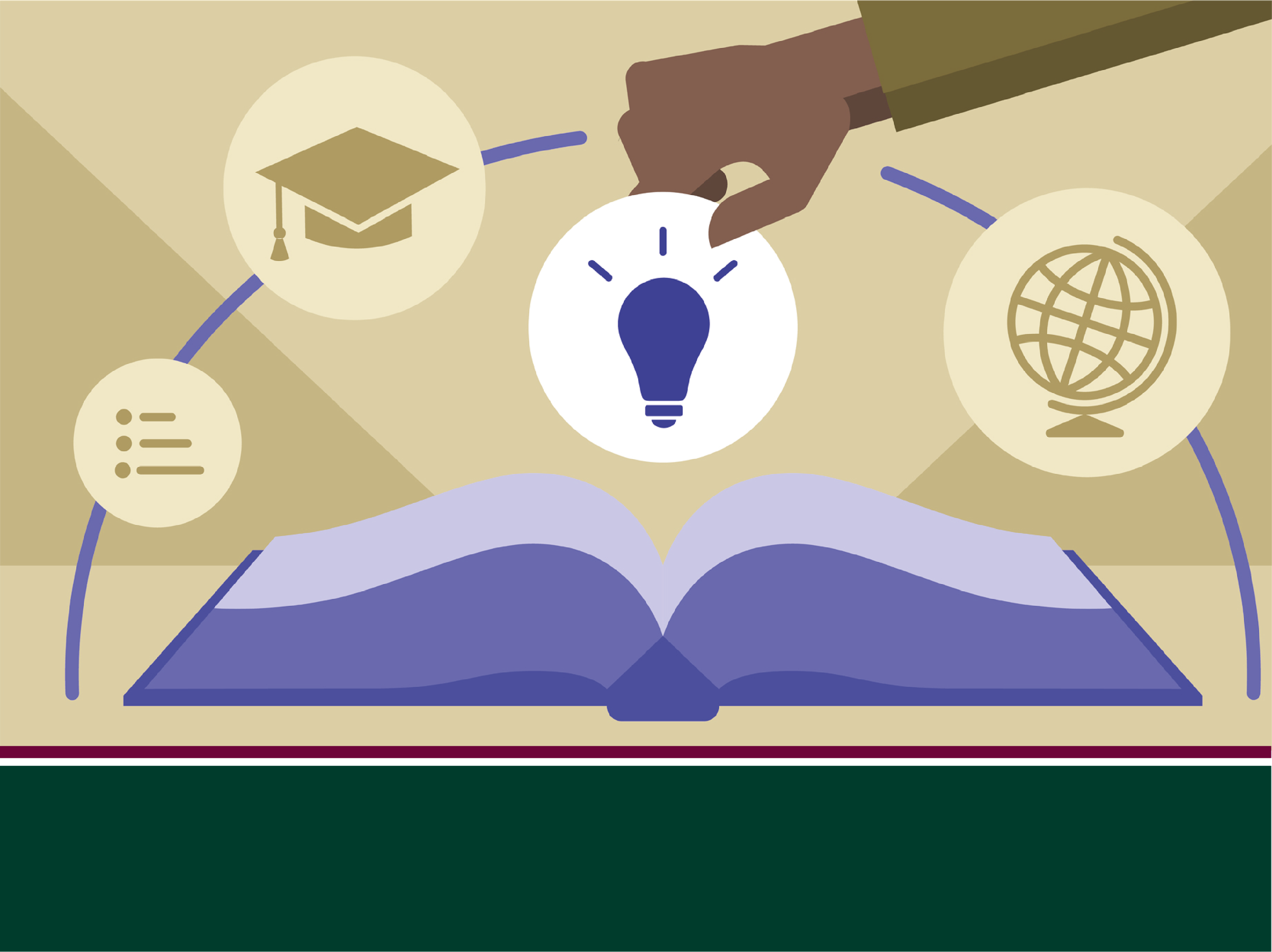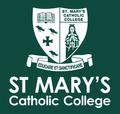Deputy Principal

James Roberts
Deputy Principal
COVID Operations
The start to the 2022 academic year has certainly been different. I would like to take this opportunity to thank our entire community for their willingness and compliance to do the right thing and keep us all safe. This especially goes to all of the students and staff with their persistence in the wearing of masks. I am happy to say that masks will no longer be required at school as of Monday 7th March.
The other COVID impact has been students isolating or quarantining (in some cases for multiple weeks and in some cases as a new SMCC student). I am sure it has been stressful for both families and students in keeping up with learning. Teachers have worked exceptionally hard to support all students, not just those present face to face in the classroom. Thankfully, we have not had a lot of students impacted by this and, hopefully this will disappear altogether in the near future.
Goal Setting & Study Habits
There is an old adage - “When you fail to plan, you plan to fail”. In terms of learning, the best form of planning is goal setting - both short term and long term. It is also important to ensure that the goals are clearly measurable with a time frame and that they are linked to a reward…payday for the cost of sacrifice.
Study habits are quite often referred to as learning habits and sometimes mistakenly referred to as ‘homework’. I would define study habits as those routines and activities that set up a student to achieve success as a learner.
My key takeaways for goal setting and study habits:
- Short Term Goals - You need short term goals to keep you motivated and moving forward. These can be anywhere from one week to one month. Eg. “I want to complete all of my homework on time this week” or “ I want to make sure that I hand in complete drafts for all my current assignments”. Your short term goals will set you up for success with your long term goals.
- Long Term Goals - The long term goals are the ones that you will measure your success by to ensure that you are continually improving and reaching your potential. Your long term goals will help you in your aspirations. These are usually anywhere from one term to one year. Eg. “ I will improve my end of semester grade from a ‘D’ to a ‘C’ grade” or “ I will receive enough merit certificates to get a Head of Year Award”.
- Measurable - You need to be able to measure your level of success. So a goal such as “to work harder” while admirable is next to impossible to measure your level of success. Try instead, “I will complete all of my maths homework this week”.
- Reward link - Rewards are great motivators and easy to include. Eg. “When I have completed all of my homework and study, I will watch a movie or catch up with friends - face to face or on social media”.
- Realistic - While possible, improving your grade from a ‘D’ to an ‘A’ grade in one semester is unrealistic; perhaps a more manageable goal might be a ‘C’ or possibly a ‘B’. The ‘A’ grade may be possible, but the timeframe needs reconsidering.
- Good study habits in Yr 12 start in Yr 7 - if not earlier. Success in Yr 12 without good study habits is very difficult. All the small things count.
- Consistent use of the homework diary - everyday, every lesson
- Creation of a visible homework and study plan - and sticking to it
- Completion of all set classwork and homework
- Pre-reading and re-reading of class texts and presentations with note taking
- Handing in of full drafts
- Creation of study notes and aides
- Homework and study are different and both are needed. Homework is ‘reactive’ - work set by the teacher to support learning. Study is ‘proactive’ - learning initiated by the student to improve results and reach the goals set.
Regards
James Roberts
Deputy Principal

